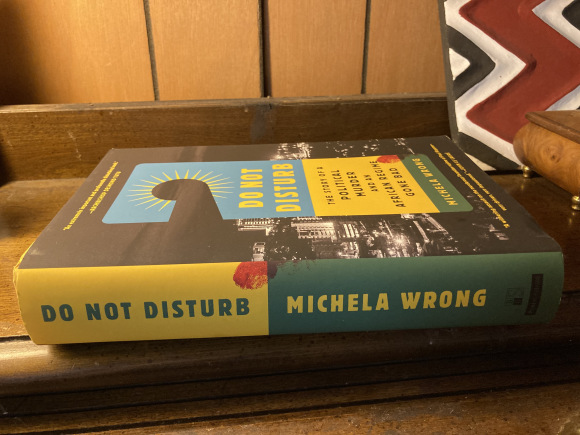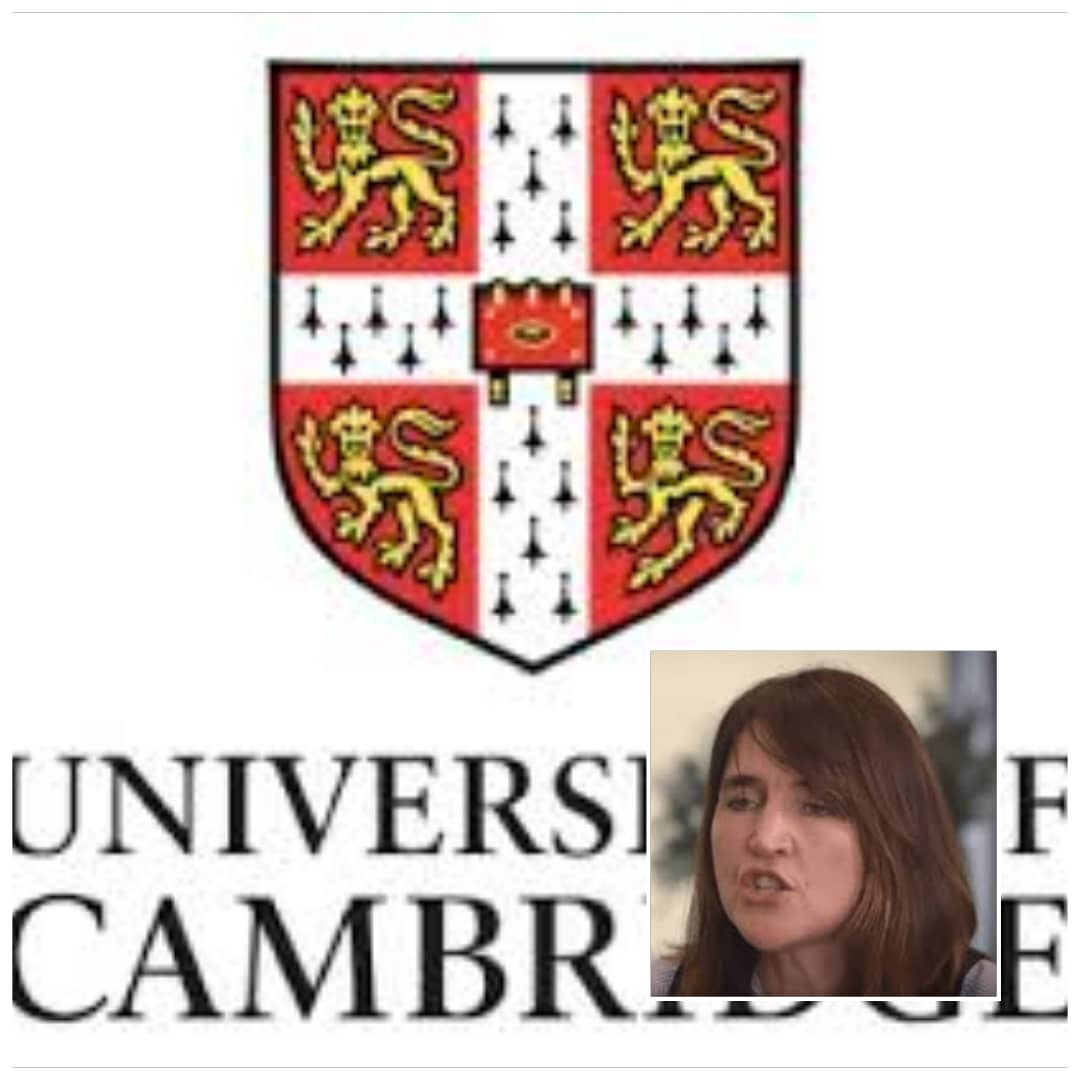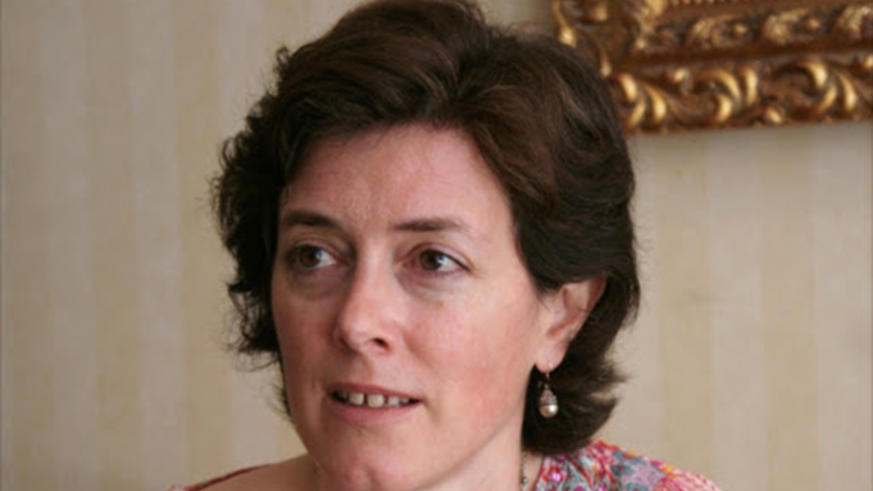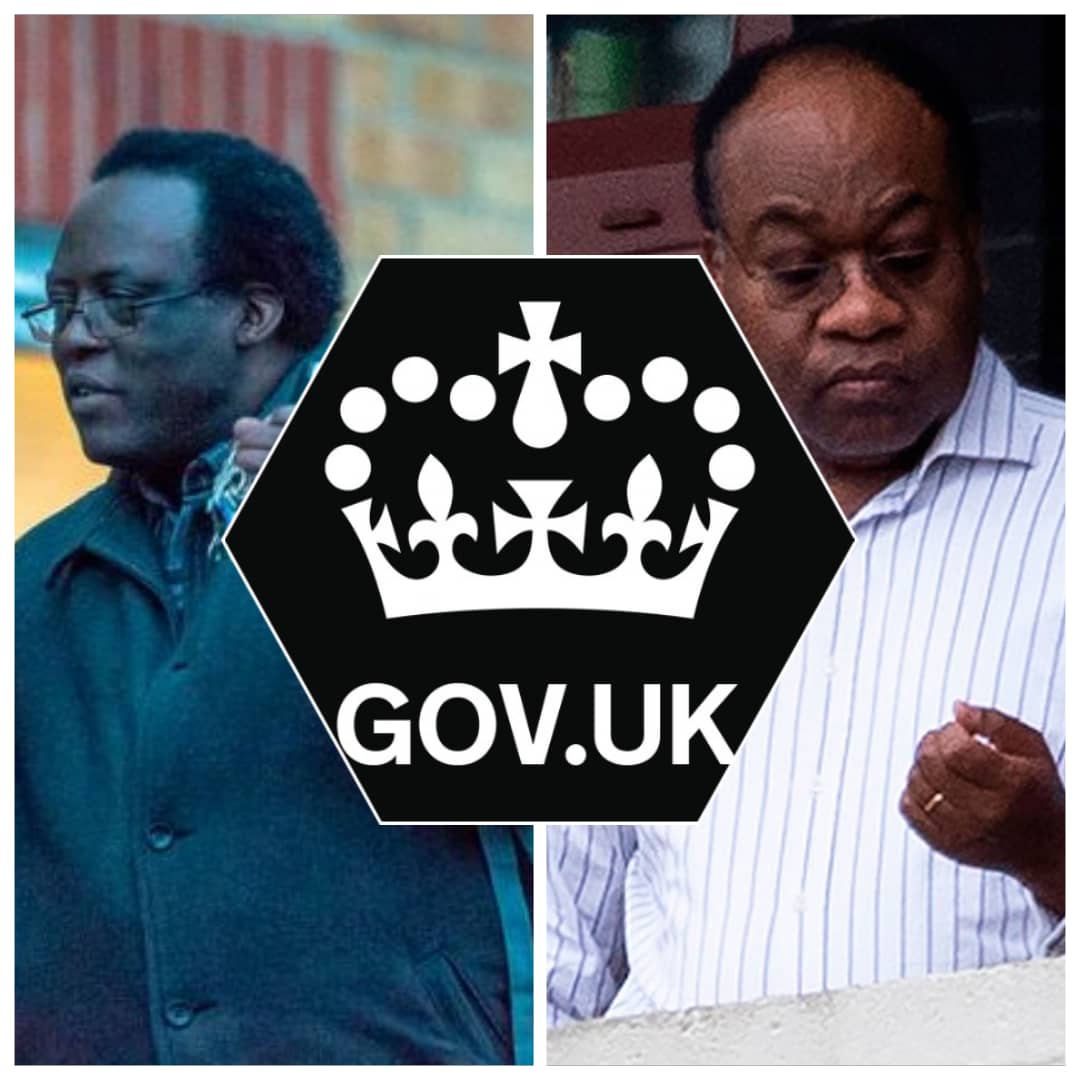International
Existing Narratives with their Pitfalls: Do Not Disturb

Wrong, Michela, Do Not Disturb: The Story of a Political Murder and an African Regime Gone Bad. New York: PublicAffairs, 2021.
Jonathan
Beloff, a researcher focusing on regional politics and security of the African
Great Lakes, has penned an article, "Existing Narratives with their
Pitfalls: Do Not Disturb," as his critical review of the book, "Do
Not Disturb".
Beloff
notes that its intended audience isn’t for researchers trying to better
understand Rwanda and its political complexities. Instead, he wrote, it is just
to reinforce existing critical narratives without listening to Rwandans inside
the country.
He notes that one of the largest deficits of this book is how there is no, or at least it was minimal, examination of the biases and positionality of any of its informants.
Read the full article below:
For the last few months, I have debated whether I wanted
to read Wrong’s new book, Do Not Disturb. In one aspect, the
book advertises how it examines the dark underbelly of Rwanda’s political
institutions and exposes the ‘evils’ of President Paul Kagame.
This might seem like an interesting read for the
non-Rwandan researcher at their local bookshop. After all, Michela Wrong is an
African novelist and journalist who is from the Global North -a term I use
instead of the more common ‘West’-. While few would openly admit, there is
something of comfort for readers when they read a book written by someone from
the Global North criticising or exposing a nation within the Global South.
And that is where I encountered my greatest problem with the book. Dr Phil Clark provided a balanced review providing the book’s contents and deficits. The book focuses on former Rwandan elites, mostly within the governing Rwanda Patriotic Front (RPF), who had fallen from grace. Why they fell from grace is never mentioned but assumed because the RPF’s and Rwanda’s leader, President Paul Kagame, has done something evil which the defectors and their families couldn’t accept any more, so they left.
The two main defectors, but not only, which Wrong
interviews are Patrick Karegeya and Kayumba Nyamwasa. Both were dominant
figures within the RPF and the post-genocide Rwandan government. Wrong’s
affection for these two figures often was not confined within their histories
or personalities as the description of their physical characteristics seemed to
go beyond what I would expect from a political book -take that as you want-.
These two along with their families and a few others such as Seth Sendashonga
are elevated as holy characters while Rwandans, especially President Kagame,
are often described through derogatory stereotypes.
Beginning the book, I knew I would hold some issues with
it. Such as with the Israeli/Palestinian conflict, Rwanda, especially its
politics, is often divisive with little middle ground. My research on Rwandan
foreign policy tries to divert from this divide by focusing on what Rwandan,
whether elites, bureaucrats or those within the civil society, perceive and how
these perceptions and beliefs influence their engagement with the international
community.
So, I began reading this book knowing that there will be
things I disagree with but such as when I read anything by Belgium scholar
Filip Reyntjens – who I often disagree with-, with an open mind. But similar to
what Clark writes, the Orientalism just threw me.
A wave of decolonising education has gripped many
universities as of late. They are attempting, akin to many of the liberal
‘woke’ movements in much of the United States and other Global North countries,
to try to diversify opinions and attempt to depart from the monopoly of
knowledge held by Caucasian and typically male scholars. My own engagement with
the movement can be seen in my desire not to condemn or praise within my
writings Rwanda’s engagement with the international community, but instead,
just illustrate and analyse what Rwandans think themselves.
Unlike some scholars, I don’t feel I know what is best for
a society in which I have an American passport that can get me out of any
trouble such as when expatriates departed Rwanda during the first few days of
the 1994 Genocide against the Tutsis. But Wrong’s book illustrates how much
more needs to be done in the Global North.
Reading the book, I not just felt tones of Orientalism
but of what I am struggling to describe as other than racism against Rwandans
and Tutsis -except for the blessed few she interviewed-. There are too many
quotes I could show but to generalise, Rwandans are described as ‘sneaky’,
‘untrustworthy’, ‘bloodthirsty’ and so on. Tutsis, while they are given a
positive physical description, are described in even more of a negative light.
I, who resides with Rwandans rather than expatriates when
in Rwanda, felt angry on behalf of my Rwandan family. While I am sure that
Wrong and her supporters -another issue of this book I will get to later- will
dismiss notions of racism and instead chalk it up to words from others, there
is an underlying tone that reads as racist. At one point in the book, perhaps a
quarter of the way in, I gave myself a challenge.
I changed the word ‘Tutsi’ and ‘Rwandan’ with the word
‘Jew’. As someone who is proud of their ethno–religious
identity and experienced anti-Semitism in the past, I challenged myself
in re-reading the book with the change of actor. I quickly became
uncomfortable. It became such a disturbing feeling that I had to stop.
I can’t stress enough how I am not accusing Wrong of
being racist as I don’t know her personally but the writing in this book of
Rwandans was to me, racist. The lack of nuance or analysis of Ugandan
informants, who often had the most derogatory description of Rwandans, or even
of her own positionality reinforced my notion of how this book contains racist
undertones. When one looks down upon Rwandans -except for the chosen few- then
it becomes easy to dismiss any positives of today’s Rwanda. Hard to say you are
showing the proper respect for your subjects when you describe one -after
previously establishing them as: “the bug-eyed, bucktoothed”.[1]
Maybe I am reading this book incorrectly. Its intended
audience really isn’t for researchers trying to better understand Rwanda and
its political complexities. Instead, it is just to reinforce existing critical
narratives without listening to Rwandans inside the country. If this was a true
attempt to provide new research and analysis on Rwanda’s political systems and
defectors, there would have been a bit more self-study within the context of
methodology and positionality of the author. This whole thing reminded me of an
experience from a fellow colleague.
A colleague[2] once
criticised my research as being problematic as it relied on the perceptions and
beliefs of Rwandan elites and bureaucrats within the government as well as the
Rwanda Defence Force (RDF) and those within the civil society. But as one can
read themselves,
the research focused on the perceptions and beliefs of those who crafted and
enacted foreign policy. Of course, I was going to listen to these informants.
However, the colleague told me, how Rwandans within the government will lie
through their smiles.
While I respected this colleague -so much so I am keeping
his identity hidden-, what politician doesn’t lie or mislead to some extent?
And more importantly, does this colleague think so little of me that they
assume I won’t use different methodologies such as Discourse Analysis,
Triangulation and so on to try to uncover the truth? I review my own inherent
biases and positionality when interviewing Rwandans and analysing my collected
data. Something I suspect this colleague won’t be saying to Wrong as it suits
their existing narrative.
Perhaps one of the largest deficits of this book is how
there is no, or at least it was minimal, examination of the biases and
positionality of any of its informants. While this book had unique access to
actors within the Rwanda National Congress (RNC), it never would believe that
anyone within the RNC would have a less than stellar agenda. As I mentioned
earlier, Wrong seemingly assumes that all defectors left Rwanda because of
their high moral character. Embezzlement, corruption and personal -whether
financial or political- reasons for leaving Rwanda does not factor within this
book. No, it ignores a serious review of its informants.
After all, the book is attempting to characterise
post-genocide Rwandan development and President Kagame as evil -a strong word
but I can’t think of anything better at the moment-. [False] claims of the
assassination of former Rwandan President Juvénal Habyarimana are repeated with
such certainty with no actually analyse of the claims and logistics.
To be a bit flippant, why do that when you can just
unquestionably trust actors despite their questionable motives? They are
telling you exactly what you want to hear. They are helping you to say that
President Kagame is all the problems facing Rwanda when that is at the very
least reductionist and problematic to claim.
As I write in the next paragraph, Rwanda isn’t perfect.
But these reductionist claims ignore real issues facing Rwandans that many
other nations experience as well. My previous colleague should ask Wrong
whether she is just being lied to through smiles by people with their own
motives and desires. As Clark writes, her access to the RNC is a great strength
but also a weakness.
Above all else, why is this book problematic? I can say
the inherent racism, the bias sources or how it seeks to justify its own
conclusions rather than have a well-structured, well-analysed and
well-developed argument. But I think what is most problematic is how Rwandans
will respond. Rwandans often complain
to me about the demonisation they experience by Global North
researchers. Many feel that Global North researchers come to Rwanda -often for
relatively short periods- to justify their existing conclusions within a simple
narrative -something I try not to do-.
Within Rwanda, the simple narratives are often incorrect.
Rwanda is a complex nation that is only twenty-seven years removed from a
horrific genocide. I write this not to use the [outdated and problematic] guilt
card narrative but how books like Wrong and others just turn away Rwandans from
the Global North. It isn’t only President Kagame who will snap when confronted
by overly critical or repetitive criticism from the Global North of their
country. Rwandans have pride and are rather pragmatic. Engage with that and you
will receive a much more constructive response.
Some might call this naïve, but I honestly do believe
that if Wrong went to Rwanda -she has been there several times since the
genocide but not over the last number of years- with an open mind and asked
Rwandans their opinions, she would receive something she wouldn’t expect. She
would receive the truth of how Rwandans have their problems with their
government. But life is generally better now than before, whether that is
during the past regimes, the 1994 genocide or even just ten years ago. I first
visited Rwanda in 2008 where I had the privilege to travel across the country.
Since that first trip, I have gone back many more times -perhaps seven or eight
times for periods ranging from one to six months- and lots have changed with
social infrastructure being one of those things. Even Rwanda’s political
dynamics have changed which I hope I have a chance to write on [within academic
writings] in the near future.
Rwandans, once they trust you, will share their opinions.
That engagement of trust involves us within the Global North to understand our
positionality and biases. A great first step is for us to provide assistance
but not lecture to Rwandans on how they should proceed in their nation’s
development. If those within the Global North engage with respect rather than
just condemn, they will find it easier to reach their desired outcomes for
Rwanda. Maybe that is just too much of a fantasy at the moment with all the
divisions in Rwandan studies.
Those within the Global North who are critical of
President Kagame and Rwanda as a whole will enjoy this book. It reinforces
their existing narrative with little to add. However, I don’t think many in
Rwanda will care to read it. These are just my thoughts from my first
read-through of Wrong’s book, Do Not Disturb.
It’s not all bad, at least she spelt President Paul Kagame’s name correctly.
Source: jonathanrbeloff.com




